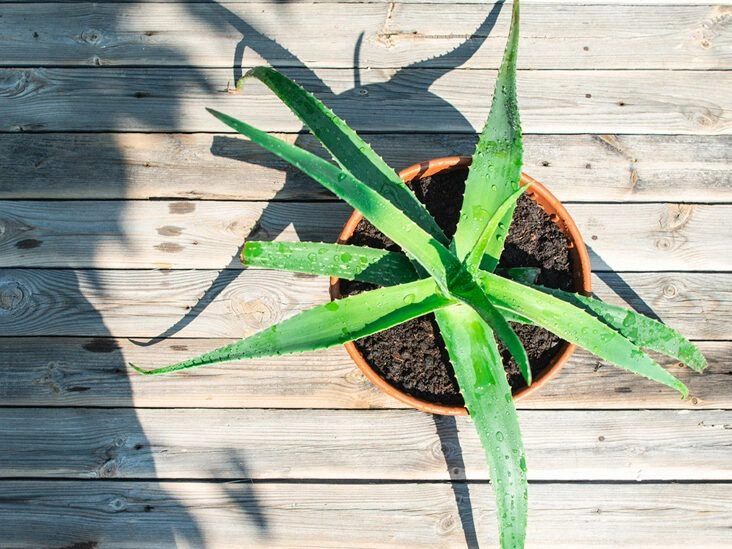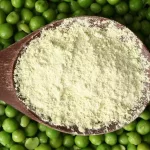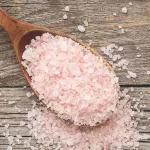Aloe offers more than just relief for sunburns. Recent studies are revealing multiple ways this plant can support your health.
Aloe vera gel is commonly recognized for soothing sunburn and promoting wound healing. But did you realize this familiar potted plant can serve purposes beyond sunburn treatment and home decoration?

This succulent has a long history of medicinal use, stretching back to ancient Egypt. Native to North Africa, Southern Europe, and the Canary Islands, aloe vera is now cultivated in tropical regions around the world. From easing heartburn to possibly slowing the progression of breast cancer, scientists are beginning to uncover the many advantages of this versatile plant and its derivatives.
Heartburn relief
Gastroesophageal reflux disease (GERD) is a digestive condition that frequently causes heartburn. A 2010 review indicated that taking 1 to 3 ounces of aloe gel with meals may reduce GERD symptoms. It might also help other digestive complaints. The plant’s low toxicity makes it a gentle and safe option for heartburn relief.
Read more: Can you use aloe vera juice to treat acid reflux? »
Keeping produce fresh
A 2014 study published by the Cambridge University Press examined tomato plants coated with aloe gel. The research found that the coating effectively inhibited the growth of various harmful bacteria on the produce. Comparable results appeared in another study involving apples. This suggests aloe gel could help fruits and vegetables remain fresh and reduce reliance on potentially hazardous shelf-life-extending chemicals.
An alternative to mouthwash
In a study published in the Ethiopian Journal of Health Sciences, researchers discovered aloe vera extract to be a safe and effective substitute for chemical mouthwashes. The plant’s natural constituents, including a significant amount of vitamin C, can prevent plaque buildup. It may also relieve bleeding or inflamed gums.
Lowering your blood sugar
Consuming two tablespoons of aloe vera juice daily has been shown to lower blood sugar in individuals with type 2 diabetes, according to research published in Phytomedicine: International Journal of Phytotherapy and Phytopharmacy. This indicates aloe vera could have potential in diabetes care. Similar results were reported in a study in Phytotherapy Research that used pulp extract.
However, people with diabetes who are taking glucose-lowering medications should proceed with caution when using aloe vera. Combining the juice with diabetic drugs could reduce blood glucose to dangerously low levels.
A natural laxative
Aloe vera is considered a natural laxative. Several studies have explored the succulent’s effects on digestion, with mixed outcomes.
Nigerian researchers conducted a study on rats and observed that gel from common aloe houseplants relieved constipation. But research funded by the National Institutes of Health examined whole-leaf aloe extract and found tumor development in the large intestines of lab rats.
In 2002, the U.S. Food and Drug Administration required that all OTC aloe laxative products be withdrawn from the U.S. market or reformulated.
The Mayo Clinic recommends using aloe vera sparingly for constipation relief. They suggest a dose between 0.04 and 0.17 grams of dried juice.
If you have Crohn’s disease, colitis, or hemorrhoids, you should avoid consuming aloe vera, as it can trigger severe stomach cramps and diarrhea. Stop taking aloe vera if you are on other medications, since it may impair your body’s ability to absorb those drugs.
Skin care
Aloe vera can help keep your skin clear and moisturized. This likely relates to the plant’s adaptation to arid, challenging environments; to survive, its leaves store water. These moisture-rich leaves, along with special plant compounds called complex carbohydrates, make aloe an effective facial moisturizer and analgesic.
Learn more: 9 healthy benefits of drinking aloe vera juice »
Potential to fight breast cancer
A recent study in Evidence-Based Complementary and Alternative Medicine examined aloe emodin, a compound found in the plant’s leaves. The authors propose the succulent may have the potential to slow breast cancer growth. Nevertheless, additional research is required to validate this possibility.
The takeaway
There are many ways to utilize the aloe vera plant and the various gels and extracts derived from it. Scientists continue to find new applications for this remarkable succulent. Consult your physician before using aloe vera medicinally, especially if you are taking prescription medications.

























Leave a Reply
You must be logged in to post a comment.